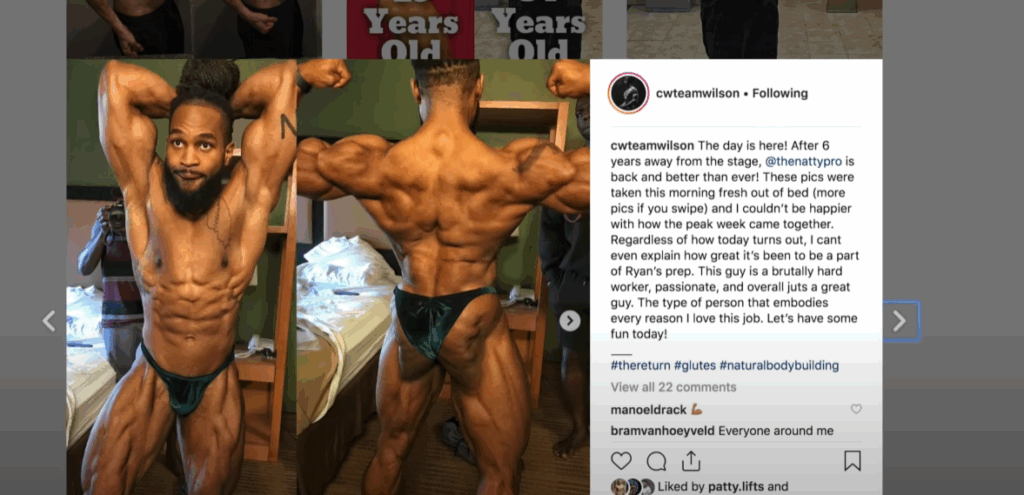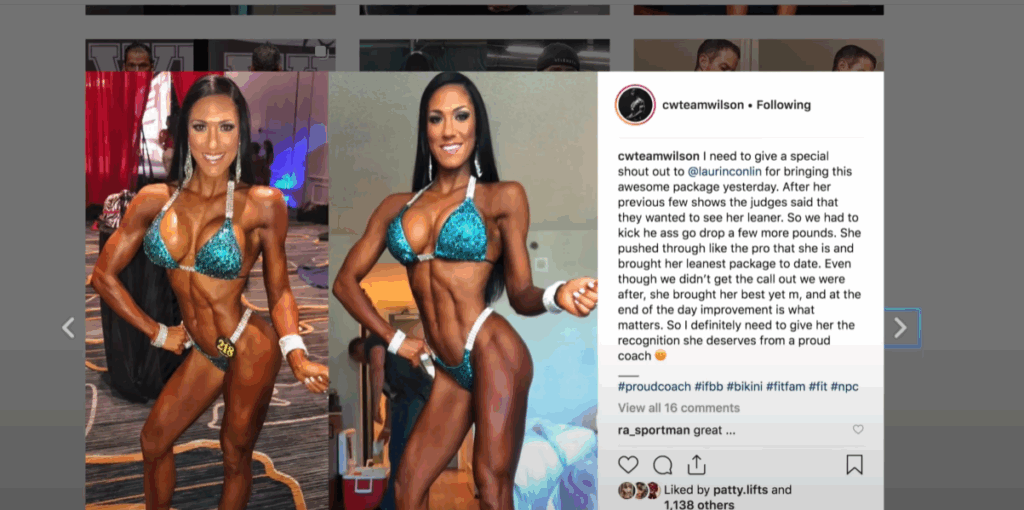When it comes to bodybuilding nutrition, protein always gets the spotlight—and for good reason. Hitting an adequate daily protein intake is one of the most crucial factors for muscle growth and fat loss. But what about the other macronutrients? If you hit your protein target and stay within your calorie goal, does it really matter where the rest of your calories come from? Could you eat mostly sugary snacks, processed cereal, or even drink alcohol and still build muscle or get shredded?
Let’s dive deeper into this question and examine how carbohydrates, fats, and food quality influence body composition, performance, and overall health.

The Basics: What Really Drives Muscle Growth and Fat Loss
For someone new to training and nutrition, the most important factors for improving body composition are surprisingly simple:
✅ Consume enough protein – Aim for around 0.8 to 1 gram of protein per pound of body weight daily.
✅ Manage calorie balance – Stay in a caloric surplus for muscle gain or a caloric deficit for fat loss.
✅ Train with progressive resistance – Lift weights consistently and focus on progressive overload.
If you’re a beginner, obsessing over micronutrients, organic vs. conventional food, or “clean” eating often distracts from these key principles. Simply sticking to the fundamentals will lead to significant improvements in body composition, strength, and even health markers.
Once you’ve mastered these basics, however, macronutrient ratios and food quality start to matter more—especially at advanced levels of leanness or performance.
Does Food Quality Matter if You Hit Your Macros?
The idea that you can get shredded by eating anything—as long as it fits your macros—has been proven in practice. Many competitive bodybuilders and physique athletes have successfully reached 4–6% body fat eating flexible diets that included plenty of processed foods.
For example, Cliff Wilson, one of the most respected natural bodybuilding coaches, has stated that he has guided athletes to ultra-lean stage-ready physiques while eating cereal and Pop-Tarts daily.
So yes, in terms of pure fat loss and muscle retention, hitting your protein and calorie targets is the primary driver. Whether those calories come from chicken and rice or sugary cereal doesn’t dramatically change the outcome—at least in the short term.
Why Carbs and Fats Still Matter
While calories and protein are king, how you distribute the remaining calories between carbohydrates and fats can influence your training performance, recovery, and even hormone levels.
1. Carbohydrates: Fuel for Performance
- Carbs are your body’s preferred energy source for high-intensity training.
- Maintaining adequate glycogen levels improves strength, endurance, and pump, which indirectly supports muscle growth by allowing higher training volume.
- Very low-carb diets can work for fat loss, but some people experience reduced energy, especially during intense lifting.
2. Dietary Fats: Hormonal Support
- Fats are essential for testosterone production and hormonal health.
- Extremely low-fat diets (below ~15–20% of total calories) may negatively impact testosterone levels, which can hinder muscle growth and recovery over time.
- Include healthy fat sources such as eggs, fatty fish, nuts, and olive oil to support hormone function.
3. Individual Variation
Metabolic studies show that people respond differently to various macronutrient ratios:
- Some thrive on higher carbs and lower fats, reporting better energy and easier fat loss.
- Others feel better and lose fat more efficiently with higher fats and fewer carbs (e.g., ketogenic-style eating).
Experimentation is key—find the ratio that keeps you feeling strong and consistent in your training.

The Role of Micronutrients and Fiber
Micronutrients may not be the primary driver of fat loss, but neglecting them can harm long-term progress and overall health.
A diet filled with highly processed, low-nutrient foods can lead to deficiencies in magnesium, zinc, calcium, and vitamin D—all of which are important for training performance, recovery, and even hormone production.
For example:
- Zinc and magnesium deficiencies can lower testosterone levels.
- Vitamin D and calcium deficiencies may weaken bones and reduce muscle function.
- Low fiber intake can cause digestive issues, making it harder to stick to a diet long-term.
If you rely heavily on processed foods just to hit your macros, you increase the risk of these deficiencies—especially if you train intensely and deplete nutrients more quickly.
Alcohol and Muscle Growth: The Hidden Downsides
Alcohol technically provides calories, so you could fit it into your daily macros. However, regular alcohol intake can negatively affect recovery and muscle growth:
- Decreased muscle protein synthesis – Alcohol blunts the body’s ability to repair and build muscle tissue after training.
- Worse sleep quality – Poor recovery impacts training performance.
- Hormonal disruption – Excessive drinking can temporarily lower testosterone levels.
A few drinks occasionally won’t ruin your progress, but relying heavily on alcohol as a calorie source is not ideal for serious bodybuilders.
The Difference Between Getting Shredded and Staying Healthy
If your only goal is to get extremely lean for a short-term event—such as a bodybuilding competition—then a flexible “if it fits your macros” approach can work, even with plenty of processed foods.
However, if you care about long-term health, training longevity, and maintaining a great physique year-round, then food quality becomes much more important. Nutrient-rich foods support better recovery, stronger immunity, and more stable energy levels.

Practical Guidelines for Bodybuilders
Here’s how to balance flexibility with optimal nutrition:
✅ Hit your protein and calorie targets first – This is the foundation for muscle growth and fat loss.
✅ Distribute carbs and fats based on your performance and preference – Start with ~40–60% carbs and ~20–30% fats, then adjust based on how you feel.
✅ Get at least 80–90% of your calories from whole, nutrient-dense foods – Lean meats, eggs, vegetables, fruits, whole grains, and healthy fats.
✅ Leave 10–20% of your calories for “fun” foods – This helps with dietary adherence while keeping nutrient intake high.
✅ Supplement wisely if needed – A basic multivitamin, vitamin D, and magnesium may help if your diet lacks variety.
The Bottom Line
Can you build muscle and get shredded by eating mostly junk food, as long as your macros are on point? Technically, yes. Many physique athletes have proven this possible.
But for the vast majority of lifters—especially those looking to perform well in the gym, feel great, and maintain their results—food quality still matters. A diet rich in whole, nutrient-dense foods not only supports better recovery and hormone function but also improves long-term health.
So, while Pop-Tarts might fit your macros, they shouldn’t make up the bulk of your diet. Think of them as an occasional treat, not a staple.



